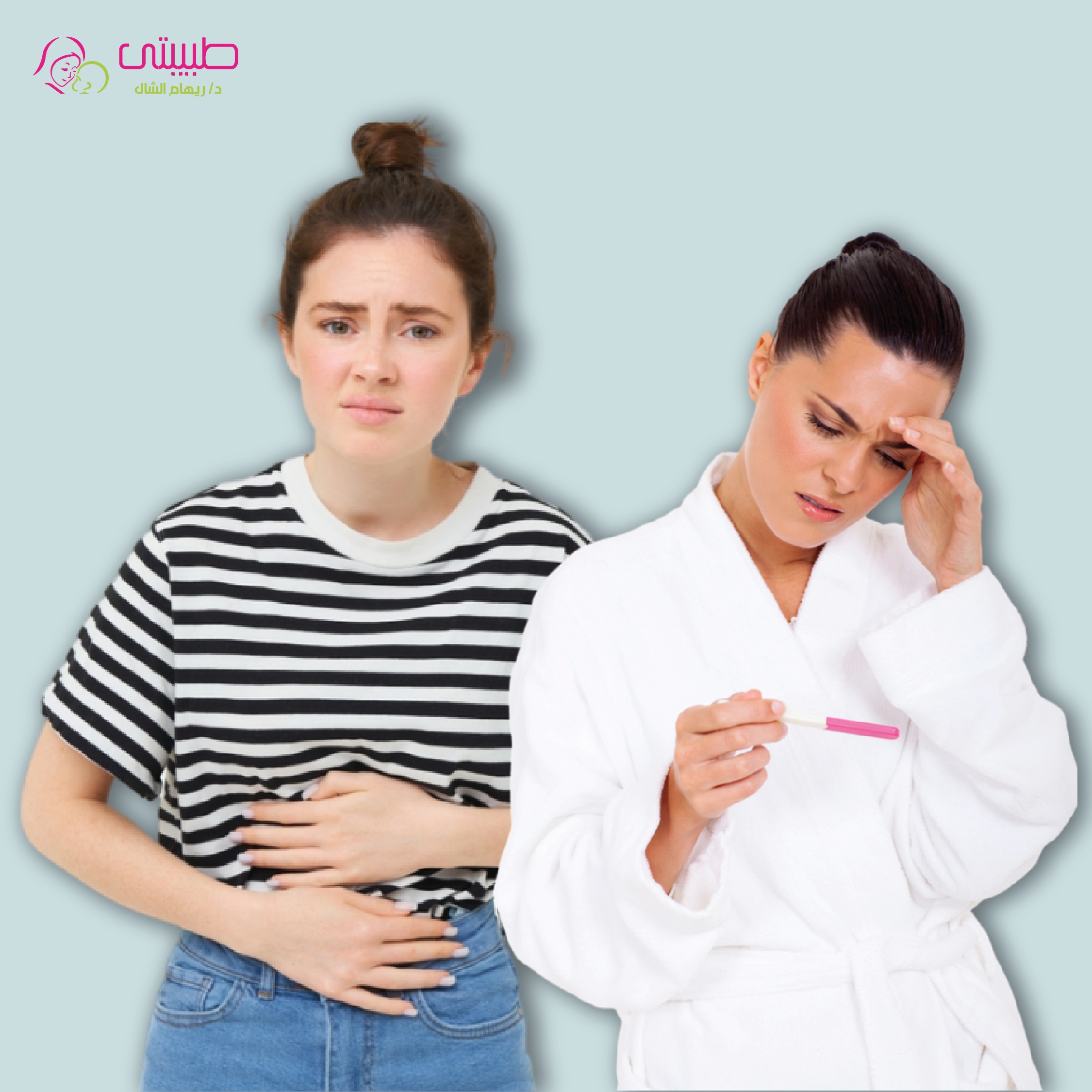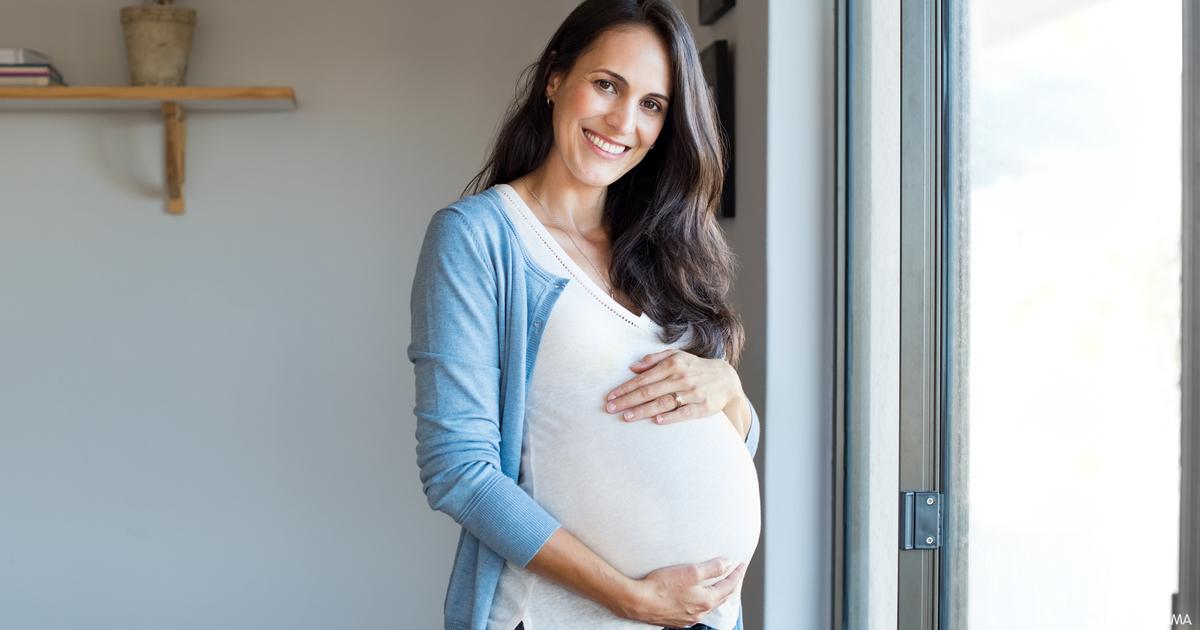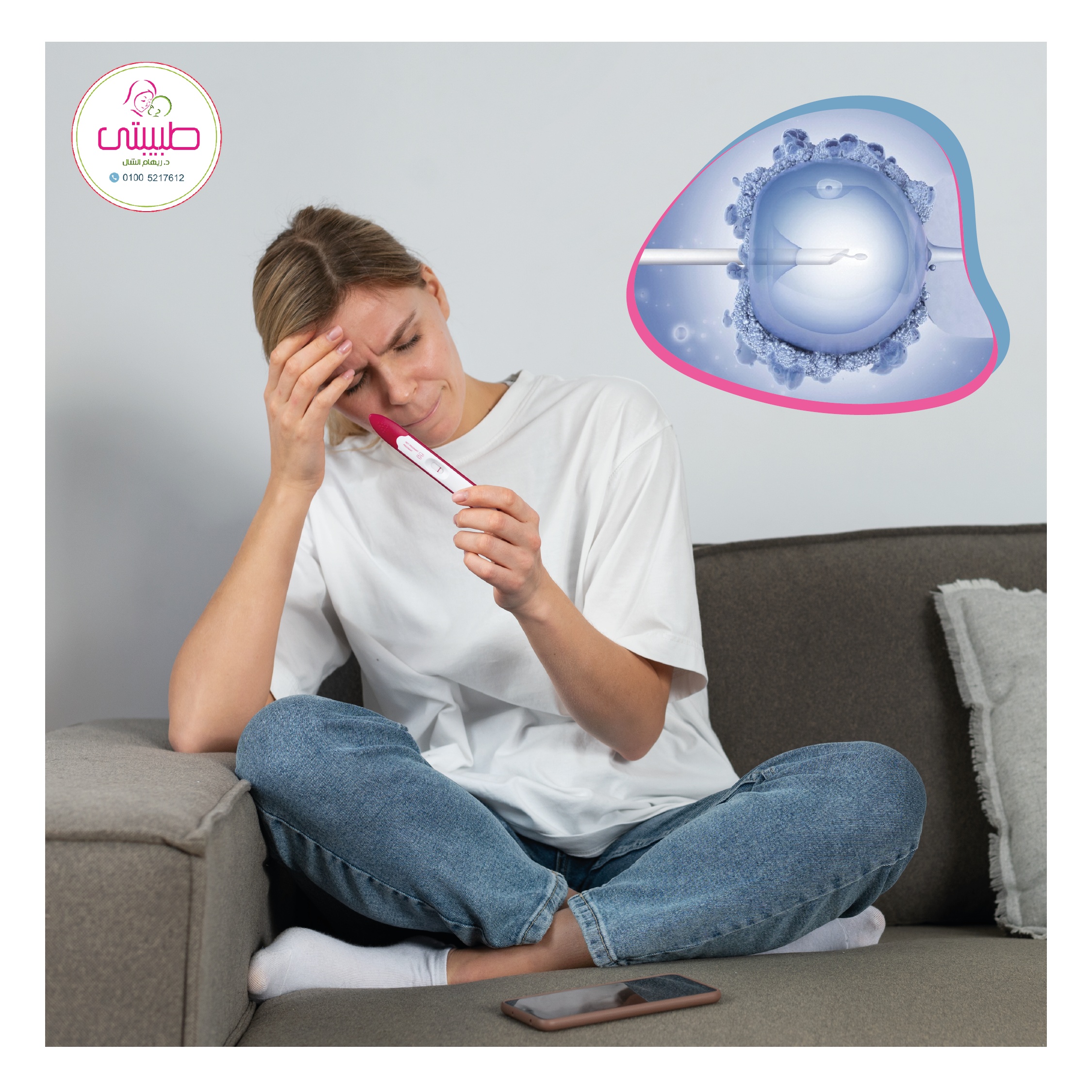Does your daughter suffer from these symptoms? They could be a sign of fertility problems
As a mother, it is natural to feel concerned about your daughter’s health, especially when it comes to fertility. Are there signs appearing in your daughter that may indicate she might face difficulties with pregnancy or fertility issues later on? In fact, yes, there are some symptoms that may appear early in life and affect a girl’s ability to conceive later. However, there is always hope if early diagnosis and proper treatment are provided.
Today, we will discuss the most important signs that may indicate fertility problems and how to deal with them. Here we have Dr. Reham Elshal, a specialist in obstetrics and gynecology, IVF, and infertility, to clarify these important points:
1. Receding Hairline
Have you noticed that your daughter’s hairline has started to recede gradually? This may be a sign of increased testosterone hormone levels in the body, which directly affect fertility. Hairline recession could be the result of a hormonal imbalance, and if this imbalance is not addressed early, it may lead to fertility problems. However, not every case of hairline recession necessarily means the girl will definitely face difficulties conceiving; many girls with thinning hair have good fertility, but it is a possibility to be cautious about.
2. Abnormal Hair Loss
Hair loss is somewhat normal, but if you notice your daughter’s hair is falling out excessively and continuously, this could be due to a deficiency in vitamins and minerals in her body. Poor nutrition or the body’s inability to absorb essential nutrients can negatively affect her overall health, including her fertility in the future. Therefore, if you notice that her hair has become weak or is shedding abnormally, it is important to investigate the possible causes such as vitamin or mineral deficiencies and address them early.
To watch the video: https://youtu.be/dtN6YCvxyDw?si=ei0doW_9EVMFIHLH
3. Menstrual Cycle Disorders
If your daughter’s menstrual cycle is irregular or delayed for long periods, this could be an indicator of a health problem such as polycystic ovary syndrome (PCOS). PCOS affects the ovaries’ ability to release eggs properly, leading to difficulties in conceiving later. In some cases, the girl may also show unusual masculine traits such as facial or body hair growth in areas where it did not appear before. Therefore, it is important to carefully monitor your daughter’s menstrual cycle and not ignore any changes that may occur.
4. Heavy Menstrual Bleeding
It is normal for a girl to experience some pain or discomfort during her period, but if she suffers from heavy bleeding that requires changing sanitary pads more than usual or affects her daily life, this is a sign of a possible health issue that needs investigation. Heavy bleeding may be caused by polyps or problems in the uterus, such as fibroids or other conditions that may affect fertility in the future. Early diagnosis through medical examination is important.
5. Severe Pain During Menstruation
If your daughter experiences severe pain during her period to the extent that she requires strong painkillers or that the pain greatly affects her daily life, this may indicate health problems such as endometriosis. This condition can cause intense pain and may affect fertility if not treated effectively. Therefore, it is important to follow up with a specialist doctor to identify the cause and take the appropriate treatment.
How to deal with these symptoms?
First, the mother should continuously observe these signs and be keen to monitor her daughter’s health. If any of the above symptoms are noticed, a consultation with a specialist doctor should be done as soon as possible to determine the cause and appropriate treatment. Through early diagnosis and proper treatment, many fertility-related problems can be avoided.
In the end, there is no need to worry, as many cases can be treated if detected early. The most important thing is to ensure you take care of your daughter’s health by providing proper nutrition and monitoring any health changes.
Do not hesitate to ask any questions or share your experiences in the comments.
If you are affected by infertility, we have gathered for you all topics related to delayed pregnancy in detailed lessons with scientifically documented and organized information, to help you reach the motherhood dream you deserve:






